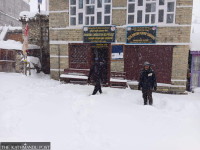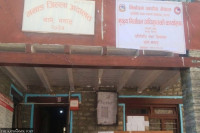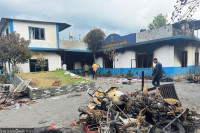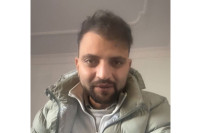Gandaki Province
Pokhara University finds itself at a crossroads jeopardising the academic future of students
Future of as many as 40,000 students is insecure as the varsity remains without a vice-chancellor and registrar for over nine months.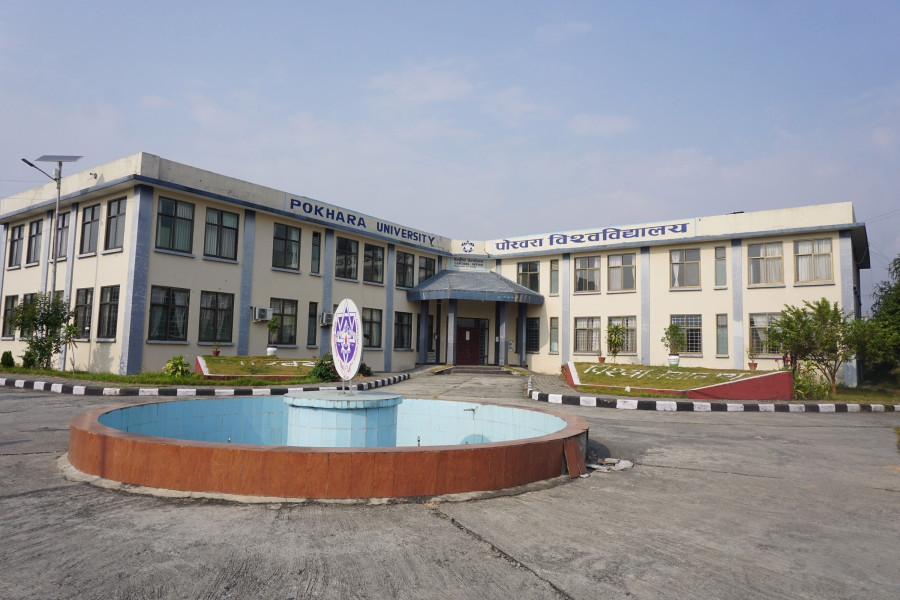
Deepak Pariyar
The academic future of around 40,000 students attending Pokhara University hangs in the balance while the university itself is at a crossroads. There is much confusion in the administration, as all academic and exam programmes are halted since the chair of two key positions—registrar and vice-chancellor—has been vacant for the past nine months. It’s been a year since a meeting of the executive council and academic council was last held.
Kushan Poudel, an MBA student at Pokhara University, is worried his two-year course might extend to three years since he is yet to receive his results for the second trimester.
The government in November last year had appointed vice-chancellors for three other top universities—Tribhuvan, Kathmandu and Purbanchal. Although the decision was surrounded by controversy with claims that the selection was partisan, the said universities have since then held meetings of executive and academic committees, tried online classes and have devised plans to examine the students’ academic performances. But Pokhara University hasn’t come up with such alternative methods of education amid the pandemic which has forced thousands of students indoors.
Nearly 7,000 students who have passed graduate and postgraduate degrees through PU have yet to receive their results and migration and transcript certificates. The convocation ceremony, which was scheduled for November, 2019, has been postponed indefinitely. The remuneration of lecturers is halted, as the institution has yet to endorse a budget for the fiscal year 2020-21. Admission for post-graduate degrees, scheduled for March, has yet to commence.
Haribahadur Khadka, dean of the Management stream, said the university is currently running basic operations only.
“Because there have been no meetings of executive and academic councils, many decisions of lasting importance are pending,” Khadka said. “The ramifications of this will be seen for years to come.”
The consequences will also be financial, said Narabahadur Bista, deputy chair of an association of institutes affiliated with PU. “Many colleges affiliated to PU have started online classes on their own, but since the university has issued no regulations, they lack authority,” he said.
At the heart of this fiasco is a dispute in power-sharing among the political parties and even between the prime minister and education minister, professors at the university say.
According to existing laws, a three-member committee led by the federal education minister is tasked with referring the vice-chancellor for each university to the prime minister.
“The crisis at the university remains unsolved because the prime minister and education minister are at loggerheads over the appointment of a vice-chancellor, as both want to appoint people closer to them,” a professor at PU said on the condition of anonymity.
Another professor, Hemraj Pandey, who is also the chair of Professors’ Association, PU, said that the crisis stemmed out of the overt power-sharing agreements prevalent in key university positions. He went on to say that if the situation persisted, it would lead to the dissolution of the university itself.
“There might be some issues attributable to the Covid crisis, but the crisis at the university precedes it,” he said. “The crisis stemmed from the fact that the political leaders want to appoint people near to them, regardless of their seniority or merit.”




 14.24°C Kathmandu
14.24°C Kathmandu.jpg)

